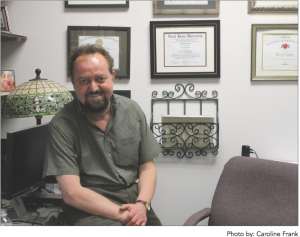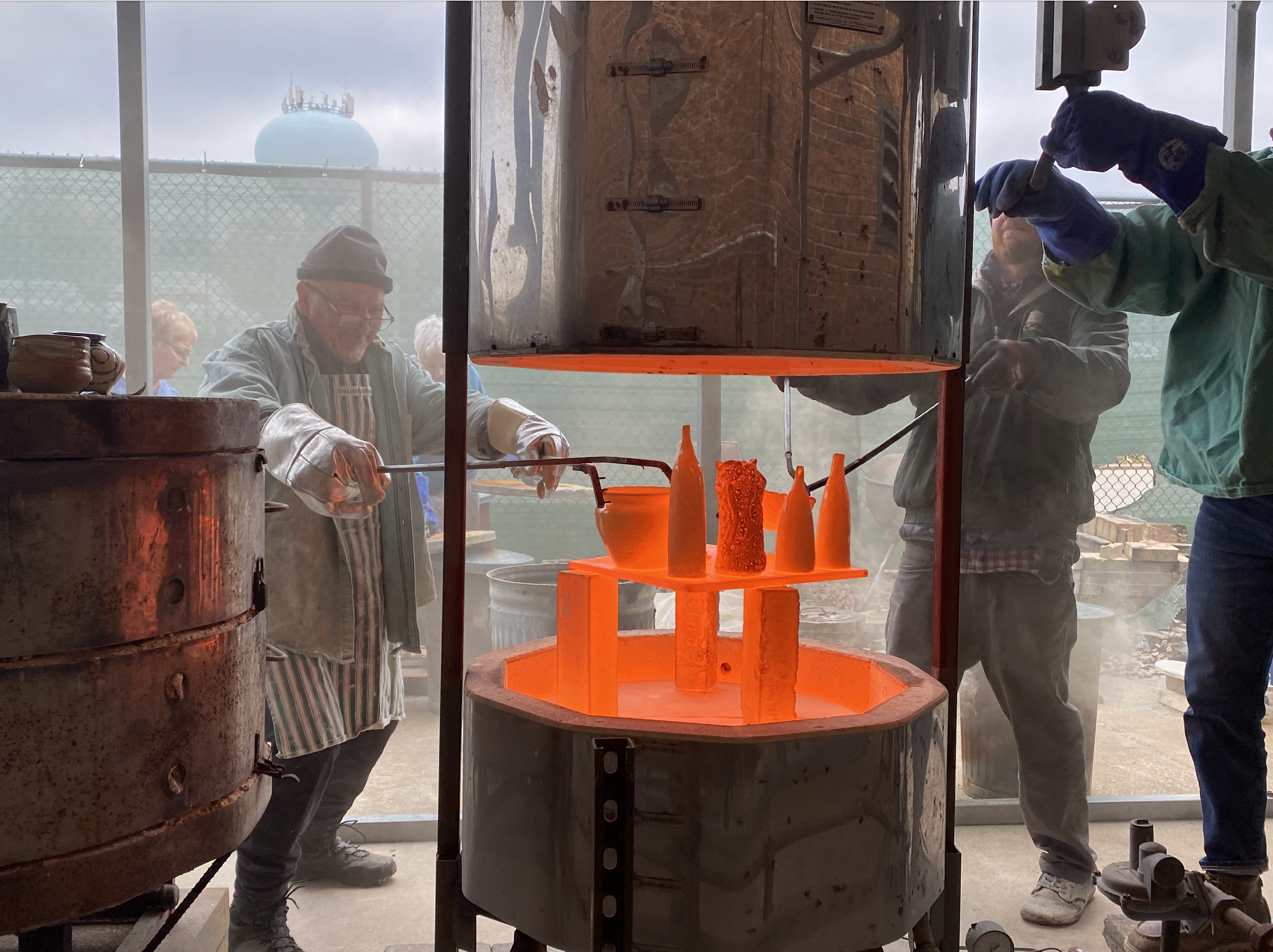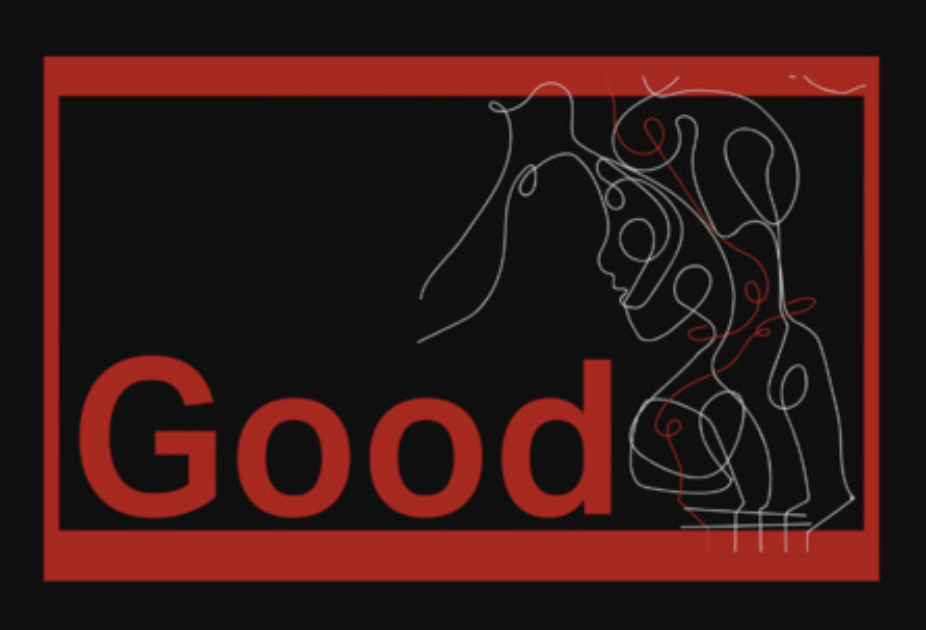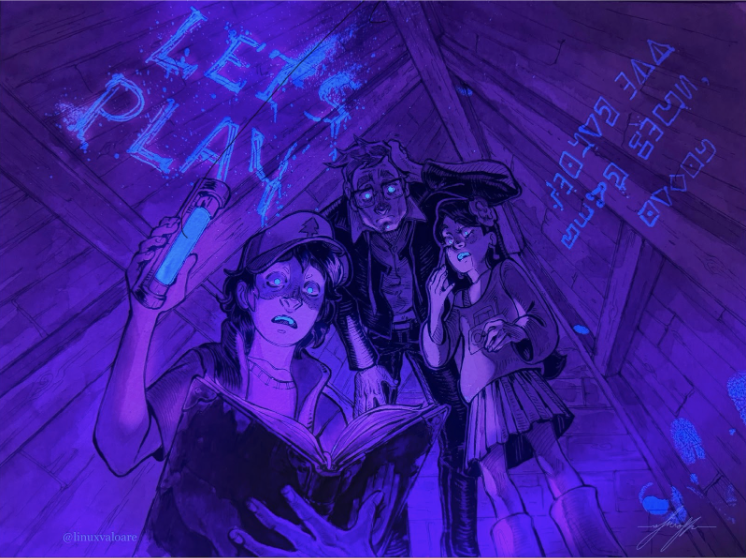Professor Terry D. Cooper explores his passions
By: Caroline Frank
Art & Life Editor
Professor Terry D. Cooper, Ed.D., Ph.D., Psy.D. has taught psychology at St. Louis Community College–Meramec since 1994.
“It was kind of a slow journey into the field of psychology,” Cooper said. “I always knew I wanted to teach, from the time I was about 18 on. At first I thought that it might be philosophy or world religions, but it turned out to be psych.”
Cooper received his first doctoral degree in education from Vanderbilt in Human Development Counseling.
“I’m interested in a personal connection with students,” Cooper said. “I think that it’s very import- ant for them to feel comfortable around me.”
Cooper said he never wants to come across as condescending to- ward his students.
“I remember one time, one of my favorite psychologists, Carl Rogers, was being introduced to a group of people, and the guy who introduced him said, ‘There are a lot of things I could say about Dr. Rogers, but I want to say this: He’s a person before he’s anything else.’ And that really was a major lesson to me about what any discipline is all about,” Cooper said. “I hope that students see me as having some knowledge in the field, but I hope they see me as a lifelong learner along with them … I think there’s a big difference be- tween critical thinking and thinking critically … I hope that people feel a sense of being respected, valued,
having a sense of dignity.” According to ratemyprofessors.com, Cooper is the most-rated professor at Meramec with 109 student ratings so far, and an average of 4.8 on a 5.0 scale.
Rumi Alexander, one of Cooper’s students at Meramec, said his lectures were “engaging and entertaining.”
“He had a weird mix of professionalism and humor that went a long way … and I think that kind of balance of the two can pay dividends in the students’ final grades,” Alexander said.
He went on to describe how Cooper focuses on the big ideas as opposed to the minor details. “I appreciated his lack of bias toward a certain part of psychology so the students could gain a better comprehensive knowledge of the subject as a whole.”
Cooper teaches General Psychology, Personality and Adjustment and Abnormal Psychology at Meramec. He has also taught a course in London in the summer of 2005, as well as at Webster University for 26 years as an Adjunct in Psychology of Religion.
“I think it’s interesting that we use the metaphor of covering the material when what we want to do is open it up,” Cooper said. “I don’t think that education is just the accumulation of a bunch of information. I hope that somewhere along the line, there is something that’s kind of transformational, not just informational. You have such a limited amount of time to introduce a discipline … I hope [the students] want to look further.”
Cooper has received many honors and awards for his accomplishments, including Alumnus of the Year at Southeastern Illinois College, Emerson Award for Excellence in Teaching, Outstanding Young Health Care Professional, and the Templeton Award for the co-authored book with Don Browning, “Religious Thought and the Modern Psychologies.” “Writing a book with a professor from the University of Chicago was an honor,” Cooper said.
Cooper has given several papers at National and International Conventions, been in three nation- ally aired documentaries on the psychology of evil, become a Visiting Scholar at Emory University and served on panel discussions.
So far, Cooper has written approximately 25 articles for professional journals and eleven books, one of which was quoted by David Brooks in the New York Times.
“I’m far more interested in writing for a broader audience,” Cooper said. “It gets to be a very lonely and boring world to write just for other academics. I think if you know something really well, you can translate it into language that a lot of people can under- stand.”
Cooper said he is working on two projects right now, so there is more to come.
“I think a preoccupation with publication can stifle your creativity sometimes,” Cooper said. “I think sometimes you have to let the chips fall where they may and just follow the direction that you’re going … It’s a way of thinking through things for me, it’s therapeutic for me, and it’s something I feel like I just have to do.”
While on the topic of writing, Dr. Cooper spoke about the memoir “Man’s Search for Meaning” by Viktor Frankl. “That’s just a beautiful book about his experience in the concentration camp, the loss of everything close to him, and then how he emerged with this form of therapy that dealt with the issue of the importance of finding meaning in your life,” Cooper said.
Another person he gains inspiration from is Pablo Picasso. There is a quote by Picasso that hangs on the wall in Cooper’s office. It reads, “The meaning in life is to find your gift. The purpose in life is to give it away.” Cooper said he absolutely loves that quote.
Cooper has also gained inspiration from Psychiatrist Sandy Shapiro, M.D., who was a consultant, advisor, and companion of his. “You’re a natural,” Shapiro once told him, and Cooper noted that this comment meant a lot to him.
Cooper said he has had a positive educational experience. “The people that I’ve had as professors have been very warm, very bright. The professors I had combined intelligence and kindness — which I think are a wonderful combination.”
Cooper was exceptionally impacted by his first psychology professor, Jim Armour. “I remember feeling at 18 years old — here’s a professor who actually acts like he could learn something from me. And it was almost uncomfortable at first, but I felt deeply honored.” Not only was Armour his teacher, but also his mentor, source of encouragement, and lifelong friend. “I owe him a great debt,” Cooper said.
Cooper received his second doctoral degree in philosophy from St. Louis University in Religion and Psychotherapy.
“I think that I’m wired in such a way that it’s very difficult for me to get interested in anything that doesn’t have a personal component that’s going to make a difference in people’s lives,” Cooper said.
“I have seen in my own life so many people turn things around in their lives because of really looking deeply within themselves … Socrates said it better than anybody, ‘The unexamined life is not worth living.’
[Religion and Psychotherapy] is a discipline that offers practical suggestions for living better. It’s always worthwhile to expand your understanding of yourself and the world.” Cooper received his third doctoral degree in psychology from the Institute of Contemporary Psychoanalysis in Los Angeles.
“The last doctorate that I received in Psychoanalysis — be- cause of the amount of work that was involved in it — probably meant more to me and I felt more of a sense of accomplishment than I have anything else in my life,” Cooper said. “I was enormously fortunate to have the supervisors I had. I mean, these people were internationally known — people like Estelle Shane — people were lining up to be in supervision with her.” He noted that this was a wonderful opportunity for him.
Cooper also facilitates a discussion group called Wounded Healers, which is designed as a support group for people going into the helping professions. The people who come to the meetings are primarily graduate students, but Cooper said there are some “gifted undergraduates” in it.
Cooper also does consultations from time to time with therapists on what kind of counseling might be most effective for their patients.
Cooper said his main focus is on taking everything he has learned and sharing it with others.
“This would sound perhaps ‘out there’ or a little bit cheesy to some people, but to me the goal of learning is … ultimately, love,” Cooper said. “It’s caring for the world; it’s caring for other people. It’s trying to improve yourself so you can extend yourself … to those people around you … I think human connection makes it worth it. I think that whenever people touch my life and I touch theirs, that makes it worth it.”










